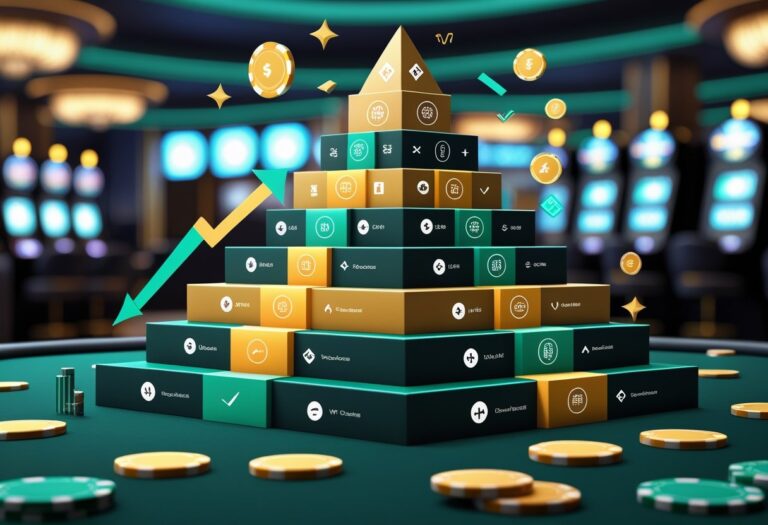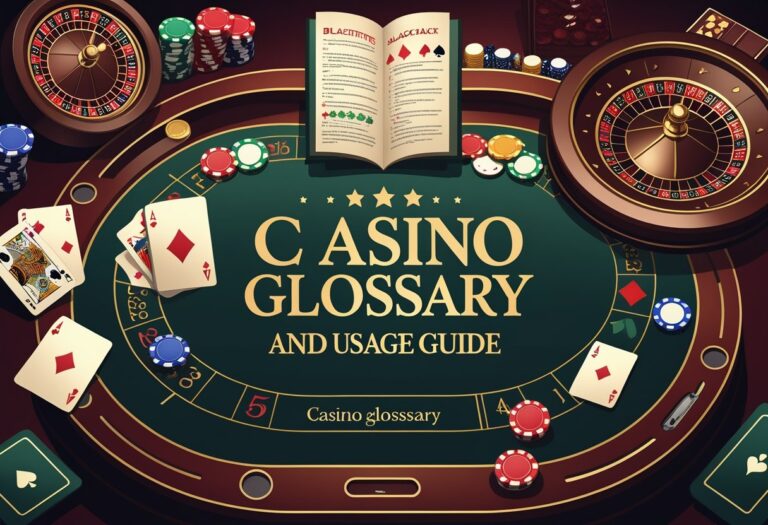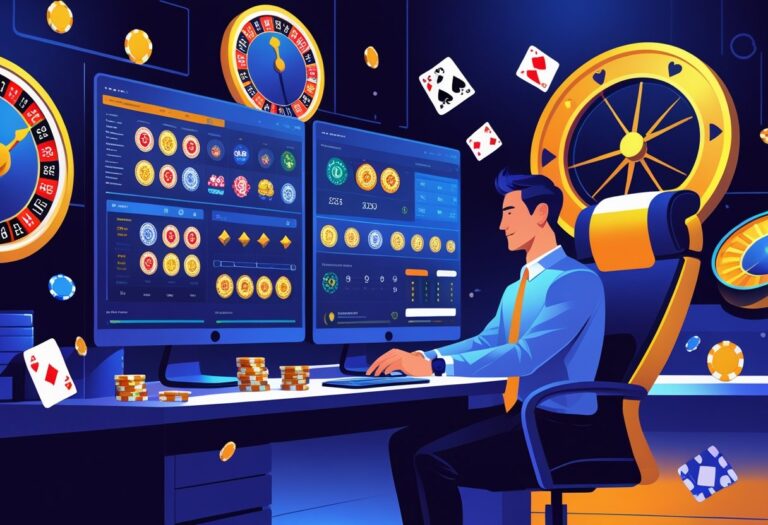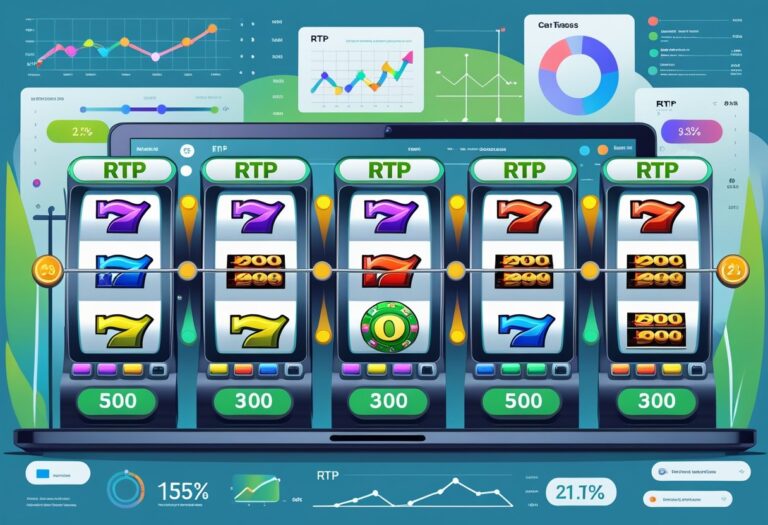🧠 권위 편향과 신뢰의 자동화: 인지적 단축 전략의 함정
우리의 뇌는 복잡한 결정을 효율적으로 내리기 위해 **’인지적 지름길(heuristics)’**을 활용합니다. 권위 편향은 대표적인 단축 전략으로 작동하며, 다음과 같은 오작동을 유발합니다:
- 📌 ‘전문가’로 보이는 외양 → 자동 신뢰 활성화
- 🧠 비교 판단 생략: 다른 정보와 대조하지 않고 수용
- 🔁 의존성 강화: 한 번 신뢰하면 이후 반대 정보 배제
이러한 전략은 원래 생존을 위한 효율성 장치였으나, **현대 도박 환경에서는 조작과 착취의 기반이 될 수 있습니다.**
📊 자칭 도박 전문가들이 사용하는 수익성 착시 기법
권위 편향을 유도하는 자칭 전문가들은 다음과 같은 방식으로 **‘성과’를 허위 강화**합니다:
- 📈 비정기적 고액 승률만 공개 → 승률의 전체 분포 왜곡
- 🧾 검증되지 않은 베팅 내역 스크린샷 공유
- 💬 “내 고객 중 83%가 수익을 냈다”는 식의 근거 없는 통계 사용
- 🔒 실패 사례는 삭제, 성공 사례만 하이라이트
이는 도박자의 판단에 **성공 가능성 과신, 위험 회피력 저하, 감정적 몰입**을 초래하게 됩니다.
🎭 ‘권위’의 무대 장치: 조작된 전문가 이미지
권위 편향을 유발하는 ‘전문가’들은 다음과 같은 **시각적·언어적 장치를 활용**해 신뢰를 구축합니다:
- 👔 정장 차림, 고급 배경 → 금융 전문가 이미지 구축
- 📘 전문 용어와 약어 남용 → 청중에게 우월감 유발
- 🧾 미디어 출연 이력 과장 또는 허위 표기
- 📊 도표, 그래프를 시각 보조 자료로 사용 → 신뢰도 상승 착시 유도
이는 비전문가로 하여금 **비판보다 수용 중심의 반응을 유도**하게 만들며, 의사결정 자율성을 약화시킵니다.
🧬 권위 편향과 감정 유도 전략의 결합
권위 편향은 단독으로 작동하지 않으며, 감정 기반 전략과 결합될 때 설득력이 극대화됩니다:
- 🎯 두려움 기반 메시지: “이 기회를 놓치면 평생 후회할 수 있습니다.”
- 🔥 흥분 유도: “지금이 딱! 가장 확률 높은 타이밍입니다.”
- 💡 과거 손실의 정당화: “지금이 손실을 되돌릴 기회입니다.”
이런 메시지는 뇌의 논리 판단 영역보다 감정 반응을 담당하는 **변연계(especially 편도체)**를 자극하여, 합리적 판단을 억제하고 즉각적 행동을 유도합니다.
🧾 권위 편향 방지 체크리스트: 현실 감각 회복 도구
다음은 도박 전문가의 조언이나 콘텐츠를 접할 때 사용할 수 있는 비판적 사고 질문 도구입니다:
- ❓ 이 사람의 자격은 공식 기관에서 인정된 것인가?
- ❓ 승률 통계는 외부에서 검증 가능한가?
- ❓ 실패 사례를 공개하고 있는가?
- ❓ 조언이 감정 자극을 목적으로 구성되어 있지는 않은가?
- ❓ 수학적/통계적 근거가 존재하는가?
이러한 질문은 **신뢰를 자동 반응이 아닌 의식적 선택으로 전환**하는 데 효과적입니다.
📢 결론: 권위는 정보가 아니라 의심의 대상이 되어야 할 때가 있다
도박 환경에서의 권위 편향은 정보 격차 + 감정적 유인 + 신뢰 설계가 결합된 복합 심리 구조입니다.
그 결과, 사용자는 자신의 판단을 내려놓고 **권위자의 결정을 따르는 무비판적 소비자**로 전락할 수 있습니다.
이를 막기 위해서는 다음이 필요합니다:
- 🧠 비판적 사고 훈련
- 📊 수치 기반 사고 방식 강화
- 📉 심리적 거리두기 전략 실천
- 📚 의사결정 자율성 교육
신뢰는 얻는 것이 아니라 검증되어야 합니다. 특히 도박과 돈이 관련된 상황에서는 더욱 그렇습니다.
📉 권위 편향이 도박 실패 후 행동에 미치는 영향
권위자의 조언에 따라 베팅한 사용자는 손실을 경험하더라도 자신의 결정을 비판하지 않고 권위자에 대한 신뢰를 유지하려는 경향을 보입니다. 이는 다음과 같은 심리적 반응을 유발합니다:
- 🔁 책임 전가 회피: “내 판단이 아니라 조언을 따른 것뿐”
- 🧠 인지 부조화 감소: 실패에도 불구하고 조언자는 옳았다고 믿음
- 🧩 재신뢰 강화: “이번엔 틀렸지만 다음은 맞을 거야”라는 기대 지속
이러한 패턴은 지속적 손실에도 불구하고 전문가 의존을 강화하게 만들며, 도박 중독 구조를 더욱 공고히 합니다.
🎯 권위 편향과 ‘심리적 면책감’ 형성
권위 있는 조언자에게 의사결정을 위임할 경우, 사용자는 자신의 판단 실패에 대한 책임을 줄이려는 심리가 작동하며, 이는 면책감(Responsibility Diffusion)으로 연결됩니다:
- 📘 “전문가가 추천했으니 어쩔 수 없었다”
- ⚖️ “그 사람이 더 잘 아는 줄 알았다”
- 💬 “내가 한 게 아니라고 생각했다”
이 면책감은 사용자의 자기 반성 능력을 저하시켜 동일한 위험 행동 반복을 촉진합니다.
🔬 권위 기반 도박 콘텐츠의 디지털 확산 메커니즘
권위 편향은 디지털 콘텐츠 설계와 맞물려 사용자 심리에 더욱 깊이 작용합니다:
- 🎥 유튜브·틱톡: 고급 배경, 빠른 숫자 스크롤, 전문적 용어 강조 → ‘지식 권위자’ 연출
- 🧾 자막과 텍스트 그래픽: “검증된 시스템”, “수익률 84% 이상” → 통계적 신뢰 조작
- 📲 ‘VIP 채널 초대’, ‘회원 전용 분석’ → 희소성 + 배타성 마케팅 결합
이러한 구조는 콘텐츠 소비만으로도 권위에 대한 신뢰가 형성되게 만들며, 사용자 스스로의 판단 회로를 비활성화합니다.
🧠 권위 편향에서 벗어나기 위한 자기 진단 질문
아래 질문은 권위자의 영향 아래에서 내린 의사결정을 점검하는 데 유용한 자기 진단 도구입니다:
- ❓ 나는 이 사람의 말이 논리적으로 타당하다고 생각했는가, 아니면 ‘그가 전문가이기 때문’이었는가?
- ❓ 나는 조언의 출처와 근거를 검토했는가?
- ❓ 조언을 따르기 전과 후, 내 감정 상태는 얼마나 달랐는가?
- ❓ 이 조언이 실패했을 때 나는 누구를 비난할 것 같은가?
3개 이상 ‘아니오’에 해당한다면, 권위 편향의 영향을 강하게 받고 있을 가능성이 높습니다.
📘 사례 분석: 자칭 전문가의 실시간 방송 사기
2023년 한 도박 라이브 방송에서는 수천 명의 시청자들이 자칭 전문가의 조언에 따라 실시간 베팅을 진행했습니다. 결과적으로 다음과 같은 피해가 발생했습니다:
- 📉 추천한 5회 베팅 중 4회 실패 → 평균 손실 금액: \$1,150
- 📡 유튜브 채널 운영자는 “내 전략을 정확히 따르지 않았기 때문”이라며 책임 회피
- 🧾 사후 분석 결과: 제시된 ‘승률 데이터’는 조작된 가짜 통계였음
이 사례는 권위 편향 + 실시간 콘텐츠 + 감정적 유입이 결합될 때 얼마나 빠르게 판단력이 왜곡될 수 있는지를 보여줍니다.
✅ 권위 편향에 휘둘리지 않기 위한 실천 전략 요약
| 전략 | 설명 |
|---|---|
| 📚 근거 검토 | 제시된 조언에 대한 수치, 통계, 실적의 출처 검증 |
| 📆 24시간 숙려 | 모든 결정은 감정에서 벗어나 하루 후 검토 |
| 🧠 논리 점검 | 자문자답 방식으로 논리적 구조 오류 확인 |
| 📋 영향 기록 | 조언자의 말이 내 판단에 미친 영향을 서술하고 분석 |
| 🚨 대안 비교 | 해당 조언 외 최소 2가지 대안 전략 비교 분석 |
이러한 실천 전략은 사용자가 감정적 동기화에서 벗어나 자기 주도적 의사결정을 되찾는 데 도움을 줍니다.




